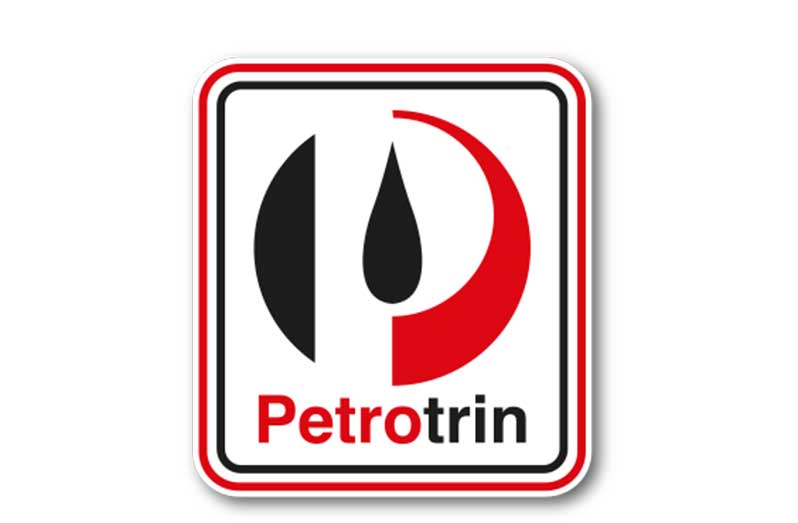TRINIDAD and Tobago plans to refine oil from Guyana when the state-owned Petroleum Company of Trinidad and Tobago (Petrotrin) refinery restarts operations, Energy Minister, Dr. Roodal Moonilal, told Parliament on Monday, as part of a broader push to deepen energy ties with Guyana and Suriname.
The twin-island republic, he said, is actively engaging with regional partners to secure crude supplies for the refinery, including discussions with Guyanese officials, including the Oil and Gas Energy Chamber.
“We are in touch with the Oil and Gas Energy Chamber in Georgetown that has pledged to give their support to companies in Trinidad and Tobago to work,” Dr. Moonilal said.
“We are also in discussions with government officials to ensure that we have some commonality there, so that we can source the important inputs for the refinery from Suriname, from Guyana, and from elsewhere where we have always sourced oil.”
He noted that although Trinidad and Tobago has had the longest-standing energy footprint in the Caribbean for over 100 years, supported by extensive infrastructure and expertise, the country has had virtually no commercial presence in Guyana or Suriname, two rapidly emerging energy markets.
This lack of presence, he emphasised, represents a missed opportunity for revenue generation and job creation.
Dr. Moonilal stated that as Trinidad and Tobago prepares to restart the Petrotrin refinery, securing crude from Guyana is a key element of the country’s regional energy strategy aimed at positioning itself as the Caribbean’s energy hub.
Additionally, Dr. Moonilal revealed that Phoenix Park Gas Processors Limited (PPGPL)—a state-owned company—is actively bidding to establish a natural gas processing facility in Guyana.
“Today, we have another activity taking place where, I believe, Phoenix Gas is involved in a bid to assist with developing a gas processing plant in Guyana, as well. We are hoping that that bid goes well,” he stated.
He emphasised that Trinidad and Tobago’s goal is not to outproduce Guyana, but to maintain relevance by offering critical energy services, infrastructure, and investment.
“We will not become the hub by outproducing Guyana—we can’t do that. But it is critical that the state enterprises in Trinidad and Tobago establish themselves as serious investing entities in Suriname, Guyana, and later Grenada,” he added.
Moreover, Moonilal said discussions were held with the American company Fulcrum LNG, which is involved in Guyana’s major gas exploration and production venture alongside ExxonMobil, and the government intends to follow up on those engagements.
Fulcrum LNG has been chosen by the Government of Guyana to design, finance, build, and operate a gas project aimed at developing and commercialising the country’s untapped natural gas reserves.
With sanctions once again restricting access to Venezuelan gas, the new Trinidadian administration appears to be actively seeking alternative sources to secure its energy future.
The United National Congress (UNC), which secured victory in Trinidad and Tobago’s 2025 general elections, had made the reopening of the Petrotrin refinery a key campaign promise.
The facility has remained idle since it was shut down by the former People’s National Movement (PNM) government in November 2018.
According to Energy Minister Moonilal, before the refinery can resume operations, a series of critical evaluations must be undertaken.
These include technical, scientific, commercial, economic, and contractual assessments to ensure the viability and sustainability of the restart.
In the meantime, he revealed that a committee comprising experts with a collective 500 years of experience in refinery operations is expected to be appointed to oversee the reopening of the Petrotrin refinery at Pointe-a-Pierre.
He also disclosed that a contractor is currently being paid TT$400,000 per month to maintain the refinery.
Since the initial discovery in 2015, three major projects—Liza 1, Liza 2, and Payara—are collectively producing over 600,000 barrels of oil per day in the Stabroek Block offshore Guyana.
This production is supported by three Floating Production Storage and Offloading vessels: Liza Destiny, Liza Unity, and Prosperity. The prolific Stabroek Block has solidified Guyana’s position as a major player in the global oil industry and the fastest-growing economy in the world.
Three other development projects in this block—Yellowtail, Uaru and Whiptail—are set to begin production in 2025, 2026, and 2027, respectively.
Each project is estimated to generate 250,000 barrels per day, bringing the total offshore oil output in Guyana to more than 1.3 million barrels per day.


.jpg)











